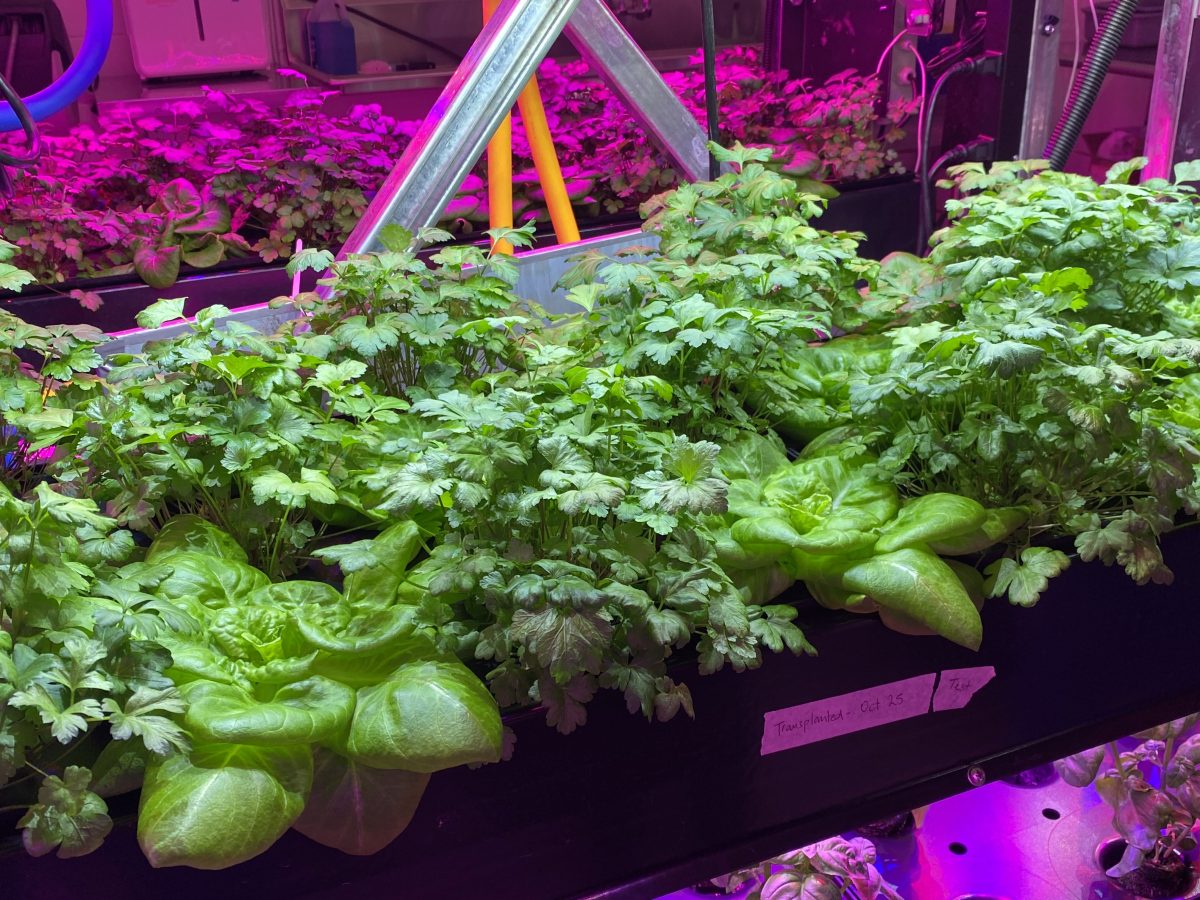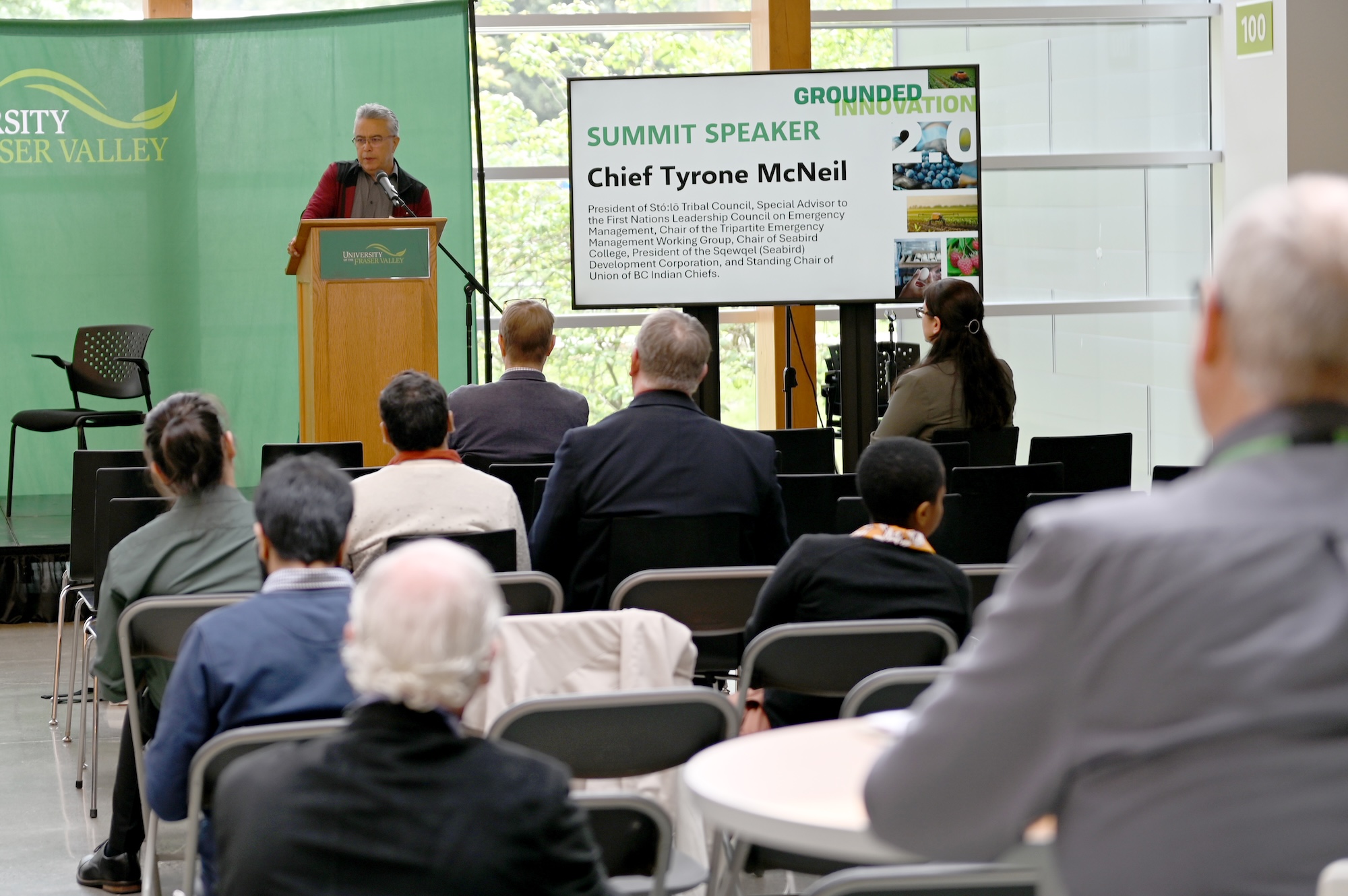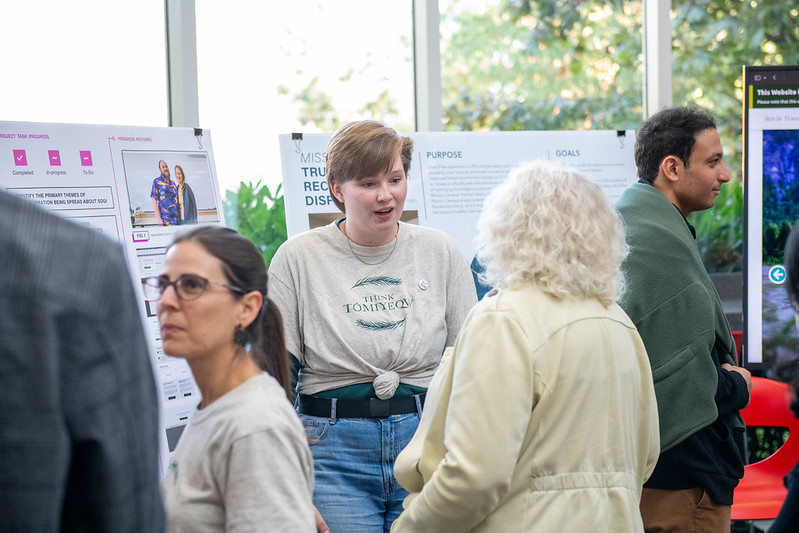UFV’s Food and Agriculture Institute launching four-year study of agriculture technologies
(Chilliwack) Dec 11 – As climate change increasingly affects traditional agriculture, new methods are being explored to make sure our food security stays intact. UFV’s Food and Agriculture Institute (FAI) is viewed as one of the leading research groups in this space, and the FAI team has been tapped to manage an exciting new research project.
A four-year endeavor will see Dr. Stefania Pizzirani, associate director of FAI and program chair of the Environmental Studies program at UFV, exploring the future of our food systems with emphasis on agri-genomics. Genome Canada and Genome BC are funding this project with a $2.5 million-dollar budget.
“Our food system is currently, and will likely continue to be, extremely vulnerable to climate change alongside shifts in population, government priorities, and technologies,” Pizzirani says. “People are finding ways to adapt to, or mitigate, the impacts of climate change, and our work is focused on new technologies like cellular agriculture, precision fermentation, and vertical agriculture.”
Cellular agriculture replicates animal cells, like those from salmon, to create a food product.
Precision fermentation takes mushrooms, for example, and through a brewing process turns them into something that looks and tastes like chicken.
Vertical agriculture uses stacked shelfs and hydroponic/aeroponic/aquaponic growing to nurture many plants in a controlled, often indoor, environment.
Pizzirani says her team’s intention is not to overtly promote or condemn these technologies.
“These technologies are already being developed and deployed, and our purpose is to shine a light on all implications of them, both positive and negative, especially regarding social, cultural, and environmental impacts,” she says.
The work includes a survey distributed to 5,000 respondents that seeks the perspectives of the public, farmers, policy makers, and more. Pizzirani says it’s important to make space for all voices and her team will be mindful to collaborate with local Indigenous communities, migrant farmers and related advocacy groups, labour rights organizations, and environmental organizations.
The work also includes real-time case studies, one for each of the technologies, in collaboration with industry partners. Everything will come together in fun and unique modelling that explores what-if scenarios and culminates in knowledge mobilization that goes far beyond a peer-reviewed publication.
“We’ll create a greenhouse gas calculator for each of these technologies along with videos, training mechanisms, workshops, and other materials that effect change,” Pizzirani says.
Her team includes Dr. Robert Newell (the project’s co-lead), Dr. Lenore Newman, Charmaine White, Dr. Angela McIntyre, Dr. Sarah-Louise Ruder, Dr. Alesandros Glaros, Jessica Mukiri, and Teresa Carlson.
She says they all have a ‘heart connection’ to the work because of their connection to the Fraser Valley.
“We are drawn to this work because we view it from a real life-and-death standpoint,” Pizzirani says. “It is essential for every single human being on this planet that we have a safe and secure food system, and we are





